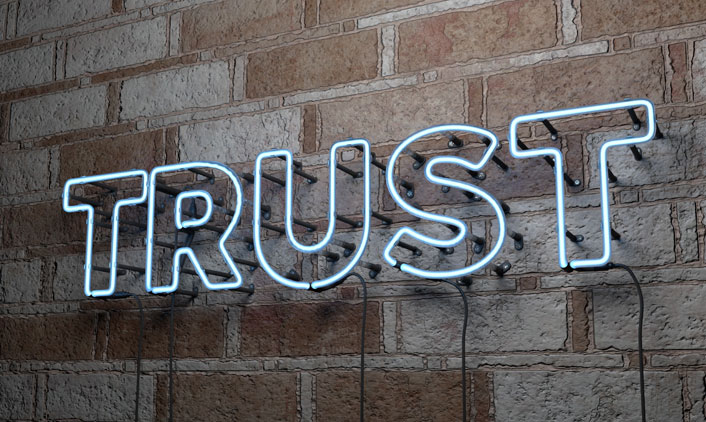Is it Wonga to distrust them so much?
Last week saw the rebrand of notorious UK payday loan company Wonga. The rebrand is the first major piece of work delivered by their new agency, Fold7 after incumbent agency Albion resigned the account, citing Wonga’s unethical practices as the reason for their departure.
For those of you who don’t know much about Wonga, it’s a short-term, high-cost or ‘payday’ loan business, one of 50+ businesses that have sprung up in the UK in recent years. The payday loan industry is also growing in Australia and you may have seen some of their ads popping up on daytime and pay TV.
Wonga’s business model is built on charging interest rates of up to 5000% p.a. for short-term loans – i.e. to be paid back on the borrowers’ next payday. Wonga justifies the high charges by claiming that the rates are legitimate for the short-term nature of the loans.
Swimming with sharks
They claim that there’s a role for providing credit that’s cheaper than unauthorised overdrafts, or as an alternative to loan sharks. However, their practices have hardly been better than those of loan sharks, for example, between 2008 and 2010, they sent fake legal letters to borrowers who had fallen behind on their repayments.
The nature of these loans mean that they appeal to low-income earners, who are often society’s most vulnerable, but with the rise of zero-term work contracts, there clearly is a need for this sort of facility in the UK. However, there were also increasing numbers of loans being offered to borrowers who were in no position to pay them back, including some on income support and benefits.
As well as dubious business practices, Wonga’s past brand campaigns have also drawn criticism, featuring mum and dad style puppets, designed to try and build trustworthiness. The ads barely mentioned interest rates at all and drew huge numbers of complaints.
The ads, along with the furore around the fake legal letters and borrowing practices, saw the UK government review the payday loan industry and introduce legislation in 2014, ultimately leading to Wonga having to write off £220m in debts.

Welcome to the real world
This shake up has seen them re-asses their offer and brand and has led to launch their new positioning of ‘credit for the real world’. The new campaign centres on “hard-working dinner ladies and mums” and features real people being ‘responsible’. Ironic isn’t it?Overcoming Wonga’s past actions and terrible reputation is a massive challenge.
Will this rebrand help them achieve that? From a creative perspective, the choice to use real people, simple language and visuals to educate the customer each step of the way is a step in the right direction. We believe that authenticity is key in achieving trust and the clarity of their new approach is a good start.
However, in their core creative campaigns, there’s still a sense of smoke and mirrors, with little reference to interest rates and the realities of borrowing through this sort of facility. That, along with their terrible tack record, means that they’re unlikely to become a trusted brand any time soon.

Trust me, I’m a banker
Clarity and authenticity is something we focus on with all our clients. Trust is a continuing and growing issue in financial services. While brands like Wonga battle with perceptions that they create themselves, even mainstream banking and wealth management firms struggle with consumer trust.
How can you build trust with your clients? At Yell, we believe that trust comes from changing the way you communicate, creating connections through an improved understanding of the language and channels used by your customers. Once you have better, transparent channels, it’s the start of an ongoing conversation that will drive increasing levels of trust, satisfaction and ultimately win and retain your clients’ business.
It’s a question you should ask yourself. How does my company build trust with our clients? If you don’t have any answers, then maybe it’s time to give us a Yell.









